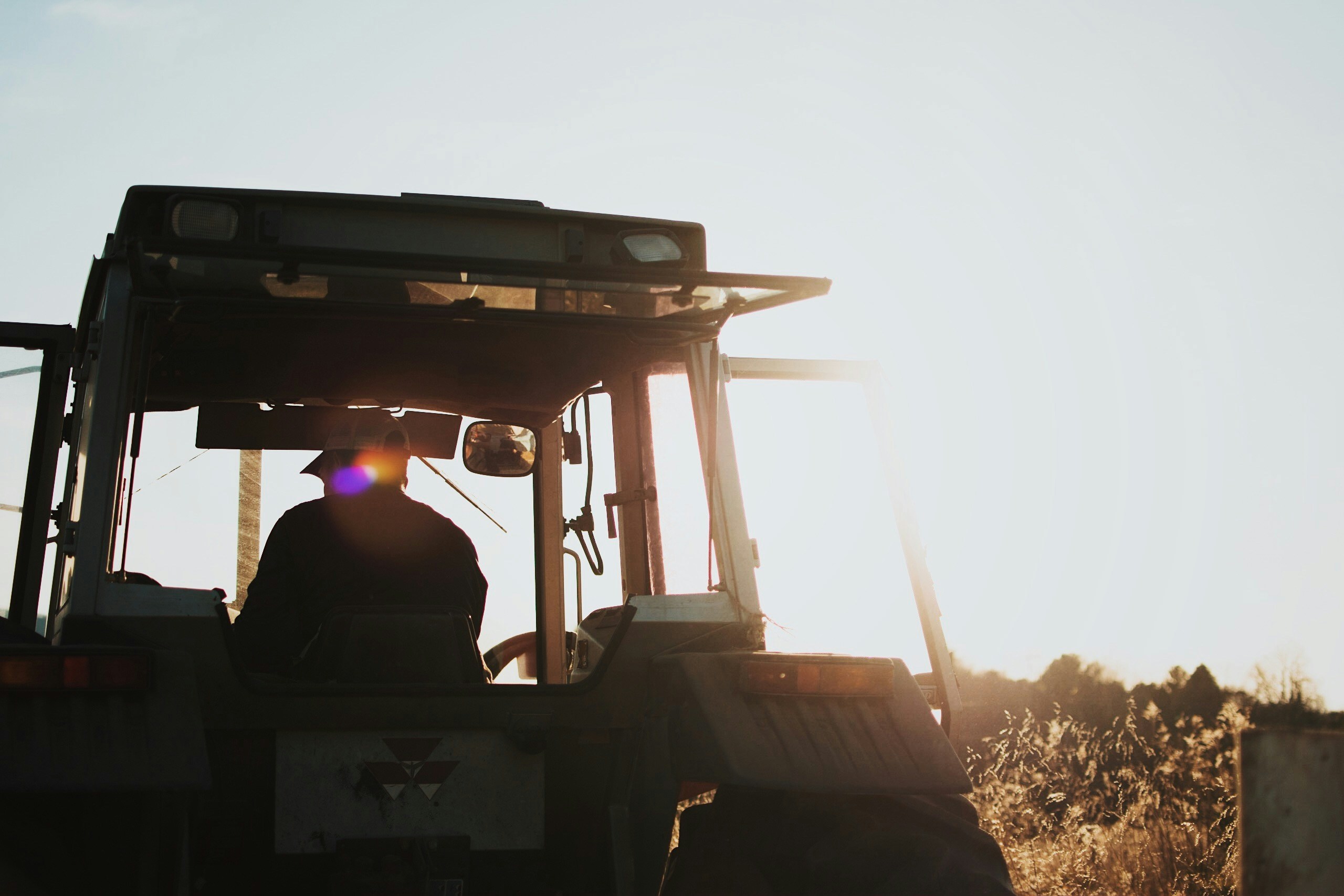News release
From:
Survey of Rural Decision Makers 2025: a vital tool in the ag-sector toolbox
The Survey of Rural Decision Makers (SRDM) is the leading source of information about Aotearoa New Zealand’s primary sector. Conducted by Manaaki Whenua – Landcare Research every 2 years, thousands of farmers, foresters, growers, and lifestyle block owners from Cape Reinga / Te Rereanga Wairua to Halfmoon Bay complete the survey. The SRDM is one of the largest and longest-running rural surveys in the world.
This year sees the seventh SRDM survey, beginning in early June and running until mid-August. It’s designed to build a better picture of decision-making at the farm level. Economic, social, and environmental data are integrated to provide research and advice to benefit policy makers, industry, and the rural sector alike.
Results from the survey are distilled into information sheets that can be found here: https://www.landcareresearch.co.nz/discover-our-research/environment/sustainable-society-and-policy/survey-of-rural-decision-makers/
The survey also informs research into New Zealand’s agricultural sector, including a recent paper by Dr Tsegaye Gatiso of Manaaki Whenua - Landcare Research and Dr Jorie Knook from Lincoln University on how the public perceive farmers’ environmental performance.
Their study investigated whether farmers over-rate their own environmental performance, their expectations of public perception, and actual public perception of farmers’ environmental performance across the country. Results showed that while 87% of farmers rate their own environmental performance highly, only 43% expect the public to rate their environmental performance positively.
But in fact, it turns out that farmers should give themselves more of a break. The survey also shows that nearly half of the public actually holds favourable views on farmers’ environmental practices. Moreover, farmers perceive their peers’ environmental performance more critically than their own.
This perception gap may contribute to the urban-rural divide, making environmental policy dialogues challenging. Gender also plays a role, with women generally viewing farmers’ environmental performance more critically. There is a need to understand perception differences and their drivers more deeply, to foster meaningful discussions and more effective policy development, and to ensure a more sustainable future for farming in Aotearoa New Zealand. And that, in a nutshell, is why the SRDM is so important!
https://www.landcareresearch.co.nz/discover-our-research/environment/sustainable-society-and-policy/survey-of-rural-decision-makers/srdm-2023/key-results-sheet-4-environmental-outomes/



 New Zealand
New Zealand


